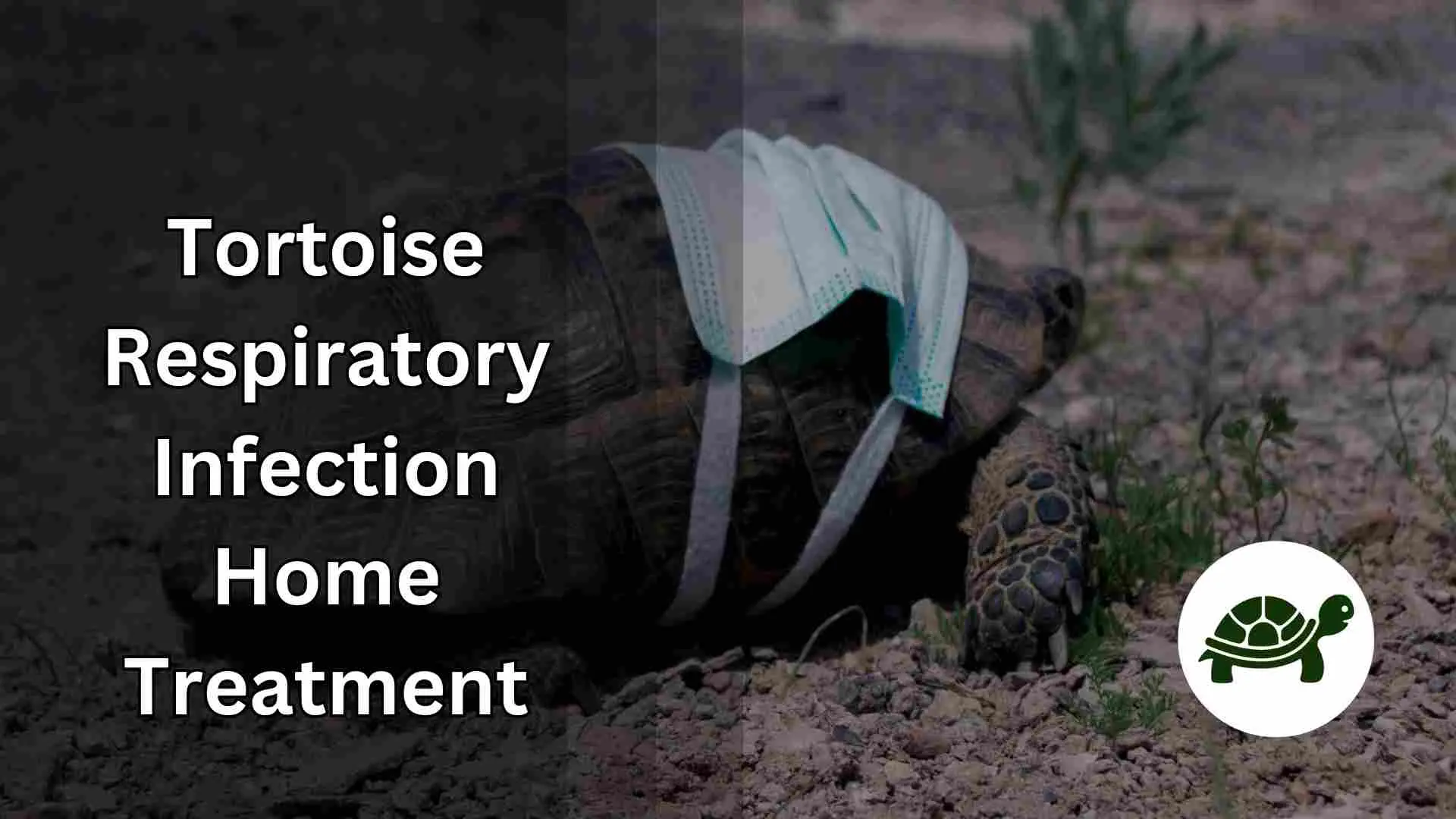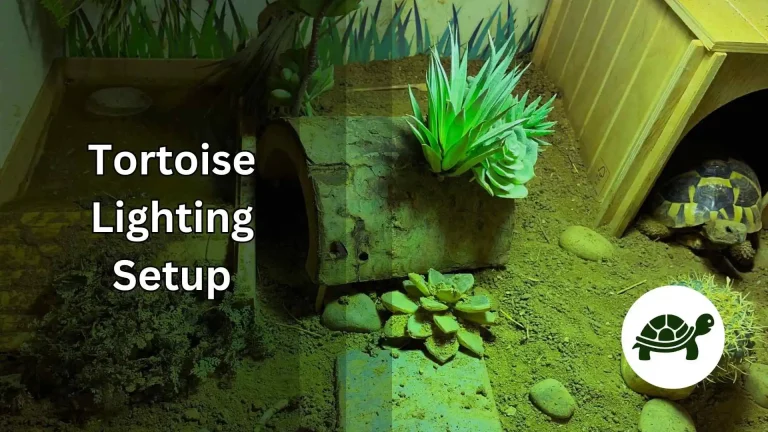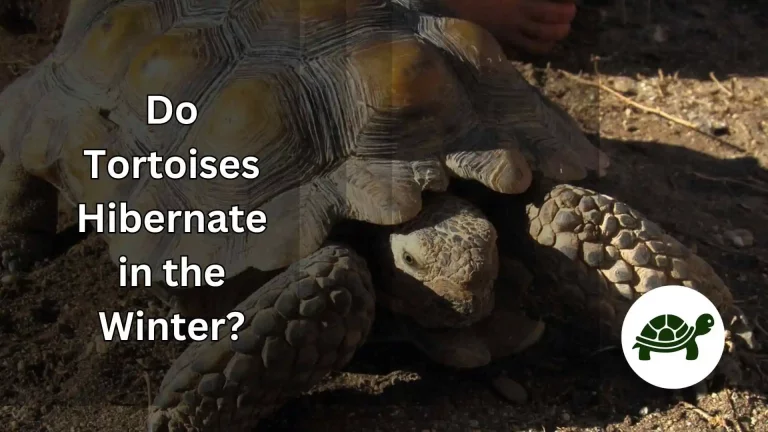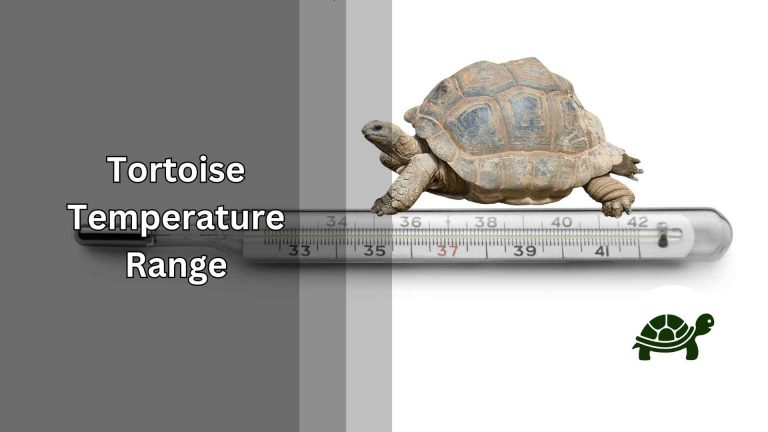Tortoise Respiratory Infection Home Treatment – Know How To Treat
Tortoises, with their slow pace and protective shells, are often seen as hardy creatures. However, just like any other pet, they’re susceptible to health issues, one of the most common being respiratory infections. Recognizing and understanding these infections is crucial for any tortoise owner, as early detection can make a significant difference in treatment outcomes.
But what exactly causes respiratory infections in tortoises? And more importantly, how can you treat them at home? In this post, we’ll dive deep into the world of tortoise respiratory infections, offering insights into symptoms, causes, and potential home treatments.
Whether you’re a long-time tortoise enthusiast or a new owner, this guide aims to equip you with the knowledge you need to ensure the well-being of your shelled friend. Let’s embark on this informative journey together and ensure our tortoises breathe easy!
Recognizing the Symptoms of Respiratory Infection in Tortoises
Just as humans show clear signs when we’re under the weather, tortoises exhibit specific symptoms when battling a respiratory infection. As a responsible tortoise owner, being able to identify these signs early on can make a world of difference. Early detection not only ensures the well-being of your pet but also significantly reduces potential treatment time.
One of the most evident symptoms of a respiratory infection in tortoises is nasal discharge or bubbling. This mucus-like secretion can be clear or cloudy and is often a tell-tale sign of an underlying issue. Additionally, if your tortoise begins open-mouth breathing or gasping, it’s an immediate red flag. This indicates they are struggling to breathe and need attention. Lethargy and a decreased appetite can accompany these symptoms, making your usually active tortoise seem disinterested in its surroundings and food.
Furthermore, if you notice any audible wheezing or clicking sounds when your tortoise breathes, it’s essential to take note. Such sounds can indicate a blockage or inflammation in their respiratory tract. Lastly, sunken or swollen eyes can be a symptom of dehydration, often linked with respiratory infections. Always remember, while these symptoms offer valuable insights, they are not definitive diagnoses. It’s imperative to consult with a veterinarian for a comprehensive understanding of your tortoise’s health.
Causes of Respiratory Infection in Tortoises
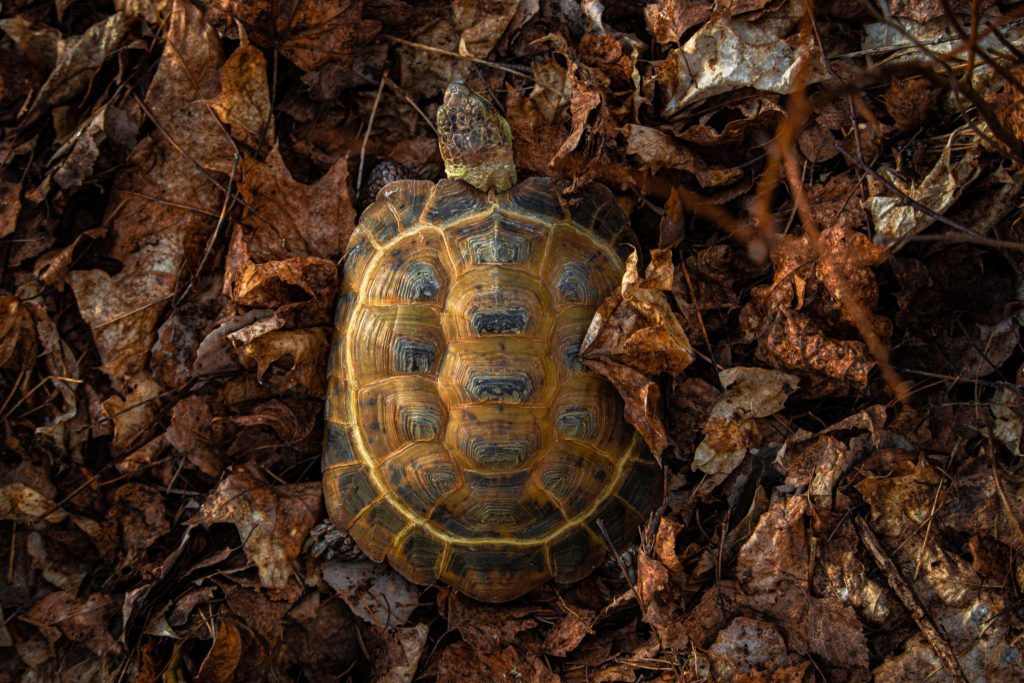
Tortoises, despite their robust appearance, can be quite sensitive to their environment. When it comes to respiratory infections, various factors can play a role. Understanding these causes can not only help in effective treatment but also in preventing future occurrences. Let’s delve into some of the common culprits behind these infections.
Environmental factors often top the list. Cold temperatures, especially when unexpected, can weaken a tortoise’s immune system, making them more susceptible to infections. Similarly, a habitat with high humidity can become a breeding ground for bacteria and fungi. It’s equally essential to ensure proper ventilation in their living space. Stagnant air can lead to the accumulation of harmful pathogens, increasing the risk of respiratory issues.
Another significant cause is underlying health conditions. Just like humans, tortoises with compromised health are more prone to infections. Moreover, exposure to infected tortoises can easily transmit the infection, especially in shared habitats. This highlights the importance of quarantining new additions to your tortoise family and regular health checks to ensure they’re in tip-top shape.
Home Treatments for Mild Cases
Witnessing your tortoise show signs of discomfort can be distressing for any owner. While it’s vital to consult with a veterinarian for severe symptoms, some mild cases of respiratory infections can benefit from home treatments. Before diving into these remedies, it’s paramount to emphasize: always prioritize professional guidance. Home treatments should act as supplementary measures and never as a replacement for expert advice.
One of the first steps in aiding your tortoise’s recovery is maintaining optimal temperature ranges. A warm environment can bolster their immune system, helping them combat the infection more efficiently. Ensuring your tortoise remains well-hydrated is equally crucial. Regular access to clean, fresh water can keep their system flushed and aid in mucus expulsion, easing respiratory distress.
Another beneficial measure is humidification. While excessive humidity can be harmful, a moderate level can help in keeping the tortoise’s respiratory passages moist, making it easier for them to breathe. Additionally, consider introducing dietary supplements that are rich in essential vitamins and minerals. These can serve as a boost to their immune function, aiding in a faster recovery. Always remember, these treatments are for mild cases. Persistent or worsening symptoms warrant an immediate visit to the veterinarian.
When to Seek Professional Veterinary Care
While home treatments can offer relief in milder cases, it’s essential to recognize that tortoises, like all animals, sometimes require expert medical attention. Knowing when to transition from home remedies to seeking professional veterinary care can be the difference between swift recovery and prolonged illness.
First and foremost, if you notice that the symptoms persist or worsen despite your best efforts, it’s a clear indication to consult a veterinarian. Conditions like prolonged open-mouth breathing, excessive nasal discharge, or increased lethargy should never be taken lightly. Another critical sign is a lack of appetite; if your tortoise is refusing food for extended periods, it’s a signal that they may be in distress.
Additionally, always be on the lookout for secondary symptoms. If your tortoise exhibits signs of swelling, discoloration, or any other unusual physical changes, it’s time for a professional evaluation. Remember, early intervention often leads to better outcomes. Your tortoise’s health and well-being should always be the top priority, and sometimes, this means placing their care in the hands of veterinary experts.
Prevention is Key
They say prevention is better than cure, and this couldn’t be truer when it comes to the health of our beloved tortoises. By taking proactive measures, many respiratory infections can be avoided, ensuring that our shelled companions lead long, healthy lives. Let’s explore some of the best practices to keep these infections at bay.
Proper husbandry stands at the forefront of prevention. By maintaining a clean, well-ventilated habitat with the right temperature and humidity levels, you create an environment where pathogens struggle to thrive. Regularly cleaning and disinfecting the enclosure, replacing substrate, and ensuring proper UVB lighting can significantly reduce the risk of infections.
Routine health check-ups are invaluable. Just as we benefit from regular doctor visits, tortoises can benefit from periodic veterinary assessments. These check-ups can identify potential issues before they escalate, ensuring timely intervention. Lastly, if you’re introducing a new tortoise to your family, always adhere to strict quarantine procedures. Keeping new arrivals separate for a while can prevent the potential spread of infections to your existing tortoises. In the end, a little vigilance and proactive care can go a long way in safeguarding the health of your tortoise.
Frequently Asked Questions (FAQs)
1. How often should I clean my tortoise’s habitat to prevent respiratory infections?
Regular cleaning is crucial. It’s recommended to remove waste daily and perform a thorough cleaning, including changing the substrate and disinfecting the enclosure, at least once a month. Regular maintenance prevents bacterial and fungal growth, reducing the risk of infections.
2. Can multiple tortoises in the same enclosure increase the risk of respiratory infections?
Yes, housing multiple tortoises together can increase the risk if one gets infected. It’s easier for pathogens to spread in shared habitats. Always monitor the health of each tortoise and separate any showing signs of illness.
3. Are certain tortoise species more prone to respiratory infections than others?
While any tortoise can develop a respiratory infection, some species like the Russian Tortoise or Hermann’s Tortoise might be more susceptible due to their specific habitat requirements. Always research the specific needs of your tortoise species.
4. Besides respiratory infections, what other common ailments should I watch out for in my tortoise?
Tortoises can face various health issues like shell rot, metabolic bone disease, and parasites. Regular vet check-ups, proper diet, and a well-maintained habitat can help in preventing many of these conditions.
5. Can a tortoise’s diet impact its respiratory health?
Absolutely! A balanced diet, rich in essential vitamins and minerals, can boost a tortoise’s immune system, making it better equipped to combat infections. Ensure your tortoise has a varied diet appropriate for its species to promote overall health.
Conclusion
In the realm of tortoise care, knowledge truly is power. By understanding the intricacies of respiratory infections, from their symptoms to their prevention, tortoise owners can ensure the health and longevity of their shelled companions. It’s essential to remember that while home treatments can be beneficial in mild cases, there’s no substitute for the expertise of a professional veterinarian, especially in more severe situations.
As we wrap up this comprehensive guide, our hope is that you feel better equipped to recognize signs of respiratory infections and take proactive measures to prevent them. In the end, the well-being of our tortoises hinges on informed care and timely interventions. Let’s commit to giving our tortoises the best life possible, one where they breathe easy and thrive.

